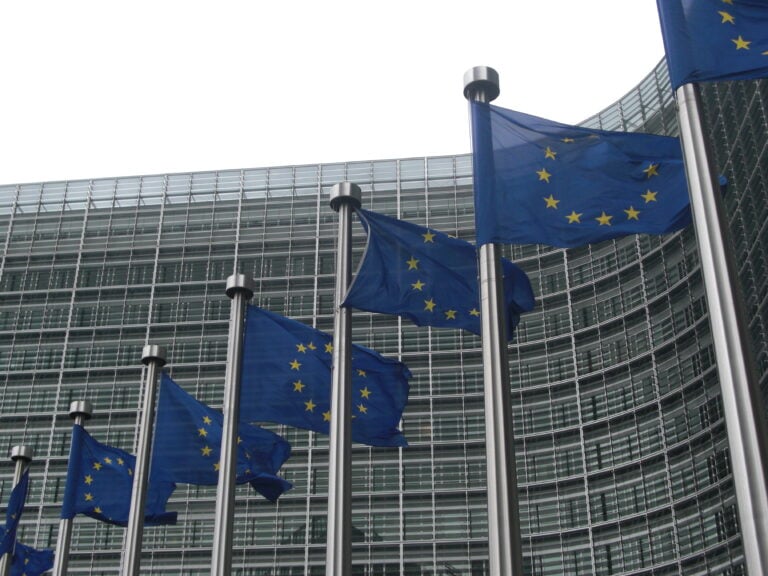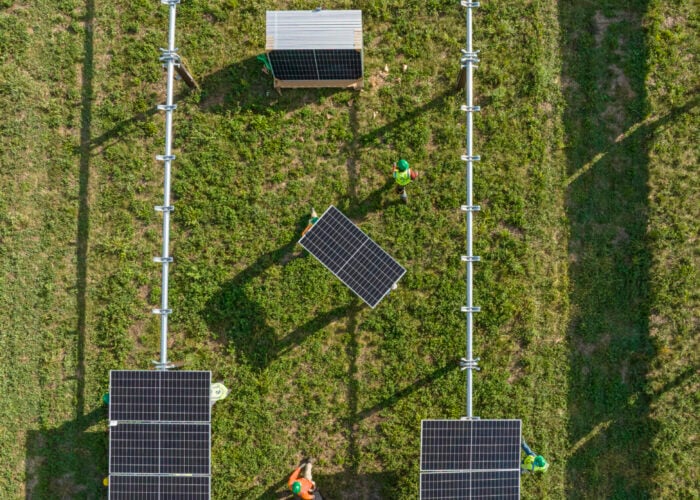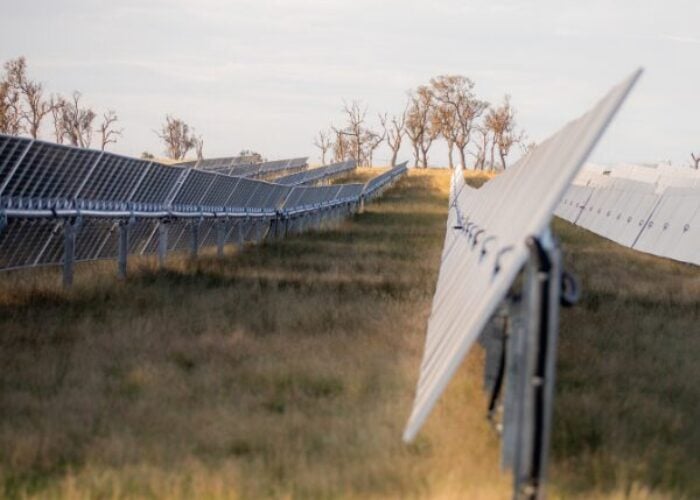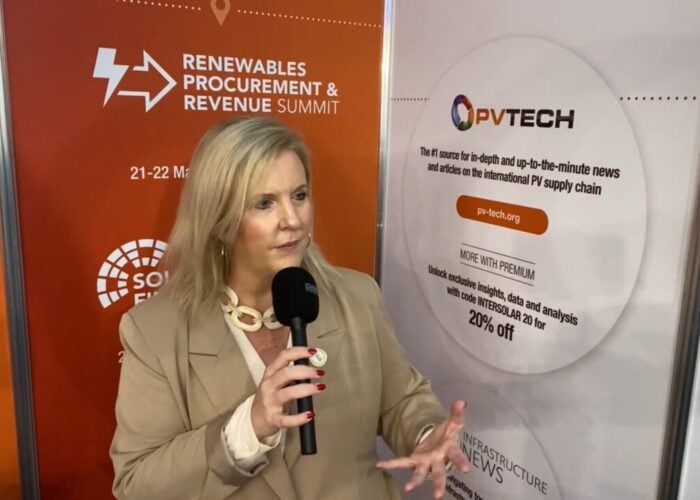
EU energy ministers have agreed to extend three emergency regulations, including accelerating the deployment of renewable energy.
In a statement, the Council of the European Union said ministers had agreed to extend Regulation (EU) 2022/2577 to 30 June 2025. The Council implemented the regulations on 30 December 2022, for an initial period of 18 months, in response to Russia’s war against Ukraine, aiming to reduce the EU’s dependence on Russian fossil fuels, tackle the energy crisis and advance the EU’s climate objectives by accelerating the permitting process for and the deployment of renewable energy projects.
Try Premium for just $1
- Full premium access for the first month at only $1
- Converts to an annual rate after 30 days unless cancelled
- Cancel anytime during the trial period
Premium Benefits
- Expert industry analysis and interviews
- Digital access to PV Tech Power journal
- Exclusive event discounts
Or get the full Premium subscription right away
Or continue reading this article for free
Areas under the regulation include permitting solar module installation on rooftops within three months.
Permission can be considered to have been granted for solar installations with a capacity of under 50kW if there is no reply from relevant authorities within one month after the application, and solar installations of this size are not required to conduct environmental impact assessments.
Aside from the accelerating renewables deployment, other regulations include bringing down high energy prices and improving gas supply security, as well as protecting EU citizens and the economy against excessively high gas prices.
“The extension of the three emergency measures allows us to ensure the stabilisation of the energy markets, alleviate the effect of the crisis and protect EU citizens from excessively high energy prices,” said Teresa Ribera, Spanish deputy prime minister and minister for the ecological transition and the demographic challenge.
The EU also worked on other plans to speed up energy transition. In November, the European Commission (EC) published an action plan to accelerate the rollout of electricity grids and increase grid efficiency.
The EC said in the plan that renewable generation projects face long wait times to obtain connection rights in many countries. Currently, the waiting time for permits for grid reinforcements is between four and ten years, and eight to ten years for high-voltage deployments.






